Originally posted by Vladimir
View Post
The Real Ethnic Composition of Modern Greece
Collapse
X
-
There's a thread about it here:Originally posted by Philosopher View PostDoes anyone know how this documentary was received in Greece? And do most Greek intellectuals accept it, or is it contested? What about common Greeks?
Comment
-
-
Transportation of Vlachs in Asia Minor.
This Greek article talks about the 'transportation' / waves of migrations of Vlachs to Asia Minor. There were mass migrations of Epirus Vlach settlements which began in the 17th, continued in the 18th century and peaked in the 19th century.
Μετακινήσεις Βλάχων στη Μικρά Ασία
 Μια από τις μεγαλύτερες πληθυσμιακές μετακινήσεις που συνέβη στον Ελλαδικό χώρο ήταν η μαζική μετανάστευση βλάχικων οικισμών της Ηπείρου η οποία ξεκίνησε τον
Μια από τις μεγαλύτερες πληθυσμιακές μετακινήσεις που συνέβη στον Ελλαδικό χώρο ήταν η μαζική μετανάστευση βλάχικων οικισμών της Ηπείρου η οποία ξεκίνησε τον
Page 100 (G. Nakratzas book): the modern Greeks of Epirus are a melange of Albanians, Slavs, and Vlachs.
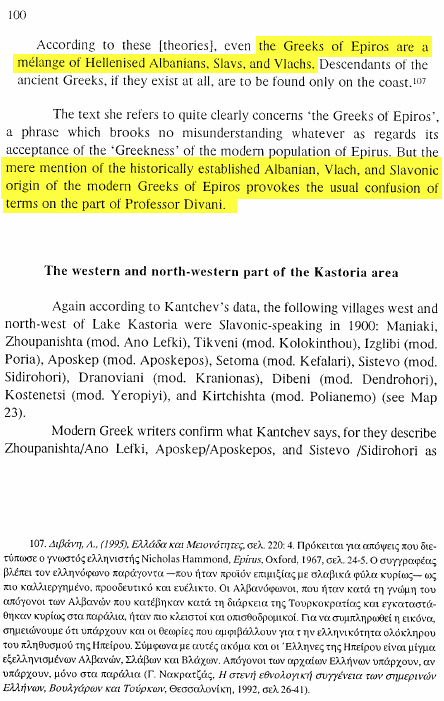 Last edited by Carlin; 04-14-2016, 03:43 PM.
Last edited by Carlin; 04-14-2016, 03:43 PM.
Comment
-
-
The BVLGARI family from Epirus-Greece
Link:
 The BVLGARI family from Epirus-Greece Mr Voulgaris who was mentioned in the interview is known as the "sir" of Rome? - That's...
The BVLGARI family from Epirus-Greece Mr Voulgaris who was mentioned in the interview is known as the "sir" of Rome? - That's...
Mr Voulgaris who was mentioned in the interview is known as the "sir" of Rome?
- That's right, the man who was kidnapped from some unknown people and was released after he paid a ransom of 3,000,000,000 lirets, which is the equivalent of 150 million drachmas.
The first question asked to Mr. Voulgaris was when did his parents first come to Rome?
- My parents were not the first ones to come to Rome; actually it was my grandparents that traveled here in 1878 from a village in Epirus called Paramithia. They initially settled in Napoli then in 1931 came to Rome. Dating pre 1904 when they first settled in Via Condotti to this day in Napoli as in Rome still exists the famous jeweler BULGARI.
They owned small jewelry stores in various cities selling handmade silver jewelry created by my great grandfather.
How long did the difficult years last?
- As I mentioned to you earlier my grandfather arrived in 1878 and those first years were obviously very very difficult. My brother and I are the second generation.
Did your relatives speak Greek?
- Yes, my father and my uncle were fluent in Greek and especially Koutsovlachika.
Comment
-
-
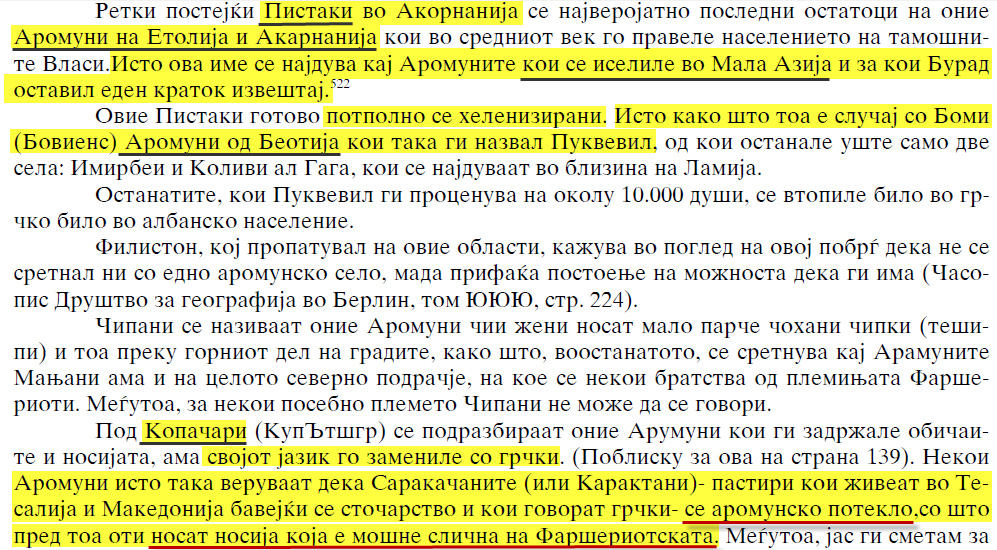
I will provide a quick summary of the interesting points above, with additional explanations/clarifications, in English:
- "Pistiki" were the last remnants of actual Vlach-speakers (and/or actual Shepherds) in Akarnania. By this time (late 19th century), almost all Vlach-speakers (most of the population) of Akarnania & Aetolia were Greeks and fully (self-)hellenized and abandoned their Vlach language.*
- The same name, "Pistiki", is also found among the Vlachs who emigrated to Asia Minor (Burad left an interesting short testimony). These "Pistiki" of Asia Minor were fully hellenized. The same case happened with the Bomi - the Vlach-speakers of Boeotia - who fully self-hellenized.
- Sarakatsani most likely of Vlach origins - they used to wear very similar clothing/costumes as the Farsherioti Vlachs.
* - Vlach-speakers basically comprised the bulk and outright majority of Aetolia, Akarnania, and adjacent areas in the Middle Ages; these regions comprised an extensive district which was known in the Middle Ages as Small Wallachia (Μικρή Βλαχία; Mikrí vlahía).
Edited (added additional screenshot, below)
 Last edited by Carlin; 05-03-2016, 01:53 PM.
Last edited by Carlin; 05-03-2016, 01:53 PM.
Comment
-
-
Thanks. This seems to make sense, and would seem to corroborate the testimony and insight that this population group may have been comprised of sheepherders/shepherds.Originally posted by Amphipolis View PostPistikos (or Bistikos) is a profession, not a name of an ethnic group. It means hired shepherd. The term relates to the Greek words pistos (faithful), empistos (trusted).
Comment
-
-
Page 108 of the book by S. Liakos, "The origins of the Armonians".
At the minimum - Western (Aegean) Macedonia, Eastern Epirus, Western Thessaly and Aetolia were almost completely Vlach-speaking until the time of father Kosmas (18th century):
- "Mr. Poulianos of course ignored completely the fact that Western Macedonia, Eastern Epirus, Western Thessaly and Aetolia were until the era of Father Kosmas almost completely Latino-Macedonian speakers (i.e. Vlach-speakers)... "
Illyrio-Vlach tribes descended and settled in Sfakia, Crete:
- ".. Descent of Illyrio-Vlach tribe(s) to Sfakia, Crete... "
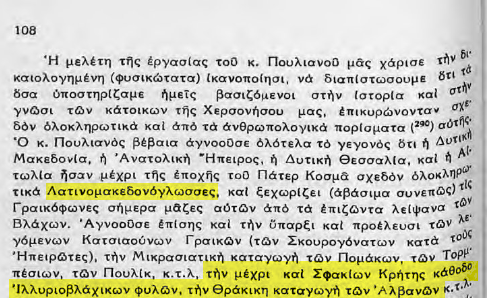
Comment
-
-
MIXTURE OF ALL KINDS
Jean Olivier
Hi from France.
I read an article you wrote about greek crisis. (See: The socio-cultural roots of the greek economic crisis).
You say that "the modern greeks are just an intermixture of balkan tribes (albanians/arvanites, slavs, wlachs)" and in an other article in greek you say that greeks form Anatolia are an intermixture too with no link with greeks (if I understood well).
Does this mean you consider that slavs, valachs or another people commited genocide against ancient greeks to make them all disappear? And how did some people who all disappeared managed to give their language to those who slaughterd them, and to an entire empire,to entire regions, to entire elites? If there were no greeks there, why non-greek people forced non-greek peoples to speak greek? Where they crazy? Why didn't they force them to speak albanian for instance?
If we focus only on non-greek origin without taking into consideration culture, it means we consider that someone has to prove he is genetically "pure" to call hismelf a greek... But how is it possible to say you fight against racism with this king of reasoning? It's a racist reasoning isn't it?
Let's speak of albanians: there were many ancient greek colonies in Albania. So albanians also have some greek blood. So do you consider thet are not albanians?
And what about bulgarians? they have slavic culture but their name comes from a turkich tribe.
What about albanians? They are europeans but in their majority they kept the religion given by turkish conqueror? So all those peoples are not europeans either, if greek are not europeans!
Be careful with your reasonings.
RESPONSE:
«Ελεύθερη Έρευνα» In the Topic Section / Our real origin you can find a great number of articles that will answer all of your questions (they are written in greek).
Neither in the Balkans nor in Europe or anywhere else in the world can genetically pure peoples be found.
However, it seems that you lack substantial historical knowledge concerning the byzantine empire which was not greek but multinational by the way. The people who spoke greek back then were not greeks in origin. It was the official language of the empire and everyone had to know it.
Regarding the “newcomers” (arvanites, slavs, vlachs, etc) they were forced by the greek state to abandon their native languages and learn to speak and write modern greek through the educational system. Read Jakob Falmerayerʼs book on the origin of modern greeks and you will find the answers you are looking for.
Keep in mind that nations are socially constructed communities, imagined by the people who perceive themselves as part of those groups. In Benedict Anderson's book, Imagined Communities, the concept is explained in depth.
------- ---------------- ------------
D.E.
Thus from a mixture of all kinds began,
That heterogeneous thing an Englishman;
In eager rapes and furious lust begot,
Betwixt a painted Briton and a Scot;
Whose gendering offspring quickly learned to bow,
And yoke their heifers to the Roman plough;
From whence a mongrel half-bred race there came,
With neither name nor nation, speech nor fame;
In whose hot veins new mixtures quickly ran,
Infused betwixt a Saxon and a Dane;
While their rank daughters, to their parents just,
Received all nations with promiscuous lust.
This nauseous brood directly did contain
The well-extracted brood of Englishmen.
Daniel Defoe
 The text of 'The True-Born Englishman', a political satire by Daniel Defoe, the eighteenth century author of 'Robinson Crusoe' and 'Moll Flanders.'
The text of 'The True-Born Englishman', a political satire by Daniel Defoe, the eighteenth century author of 'Robinson Crusoe' and 'Moll Flanders.'
Modern Greece is by no means related either genetically or culturally to the ancient cosmos and the people who once occupied this land. The modern greeks are just an intermixture of balkan tribes (albanians/arvanites, slavs, wlachs) which in the process of time mingled with northern africans, armenians and other tribes of Anatolia, not to mention the francs and the venetians who were also dominantly present in this land.Last edited by Carlin; 06-14-2016, 01:43 PM.
Comment
-
-
Bavarian Establishment Of The Modern Greek Army 1832 - History Of Europe
The Bavarian Expedition To Greece – King Otto Of Greece
By: Spiro De Castro Leon
Date: Tuesday, January 17th, 2012
Creation Of Greek State & Military By The Bavarians 1833-1865
Political Perspective
Modern Greece is a country born out of a mixture of regional ethnicities, mostly huddled under the banner of the Greek Orthodox Christian Church (often a flag of convenience for Jews in Turkey) and therefore describing themselves as 'Greek'.
European powers including Russia, Britain, Germany, Austria-Hungary, France and Italy, desired the demise of the troublesome Ottoman Empire and supported its breakup into independent countries, along ethnic-cultural lines, a rare instance of western European agreement, one of these newly created countries was modern Greece.
The consensus figure to become King Of Greece, and create the structures of an independent Greek state, was Prince Otto, Bavarian (German) King Ludwig's second son.
With money borrowed from the British Government and the illustrious Jewish banking family of Rothschild, an expedition of Bavarian buraeucrats and palace officials plus a Bavarian military expedition force of 3500 men was created as the initial army of Greece, these were dispatched in 1835 to Greece together with prince Otto as the new king of Greece
Brief Historical Perspective
Following the revolt against the Ottoman Turkish rule by (the Vassal administrator) Ali Pasha of Janina (now in modern Greece), Morea, Rumelia, and Thessaly also revolted in 1821, this was met with extreme cruelty by the Turks, the Greeks received no help from Europe or Russia, however numerous associations sprung up in northern Europe with the aim of helping Greece. One of those formed in Munich, the capital of Bavaria, led by the philologist and pedagogue (teacher) Thiersch.
In vain the pragmatic Metternich tried to argue with them that modern Greeks were not the Greeks of antiquity but a mixture of Albanians, Slavs, and other elements, the liberal romanticists like King Ludwig of Bavaria saw in Greeks the descendants of ancient Greeks who brought human culture to its highest perfection.
View/read the entire article here:
Comment
-


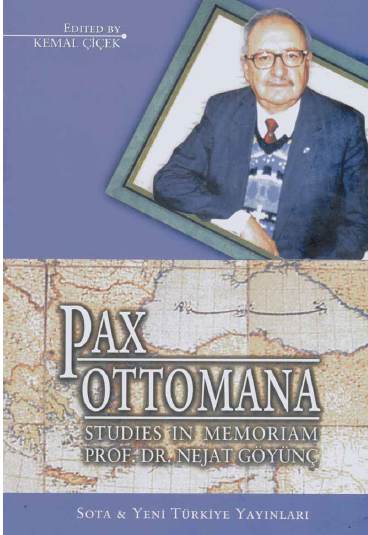
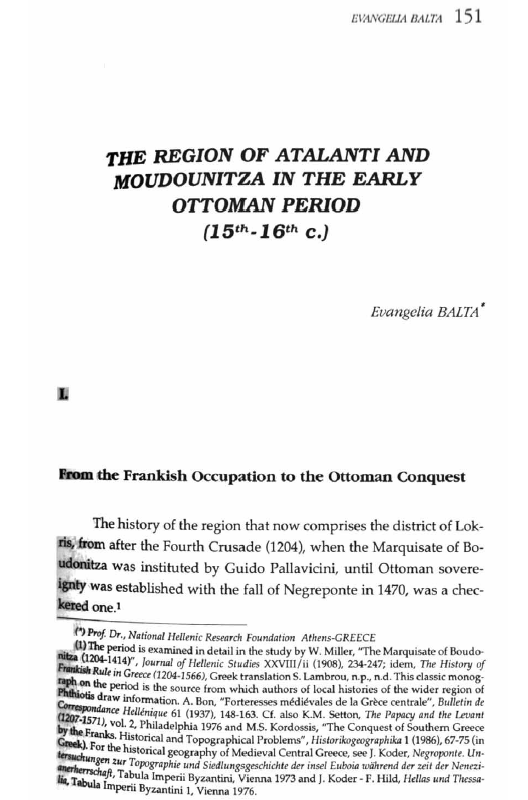
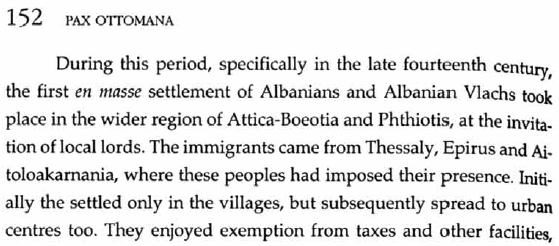
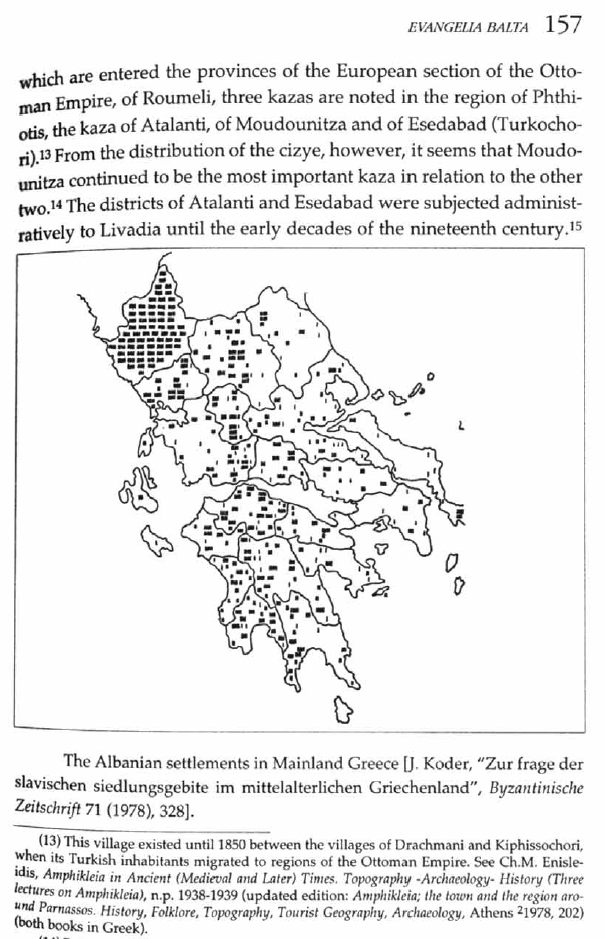
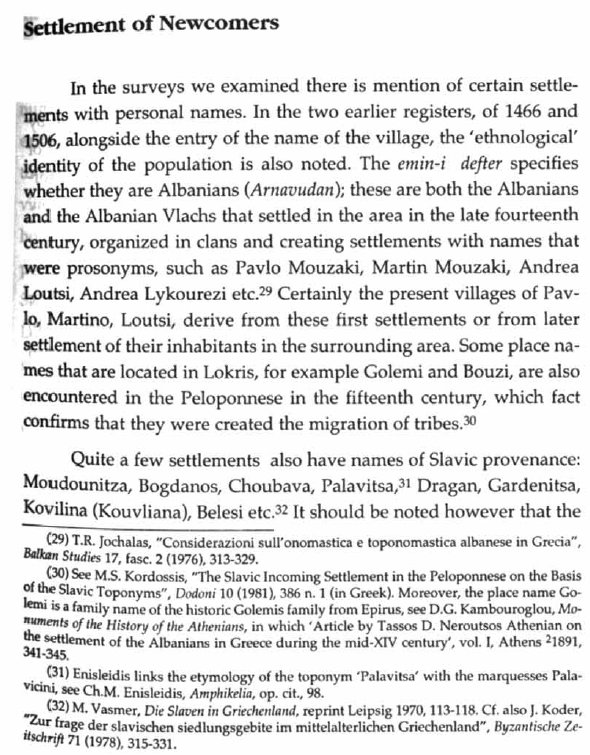
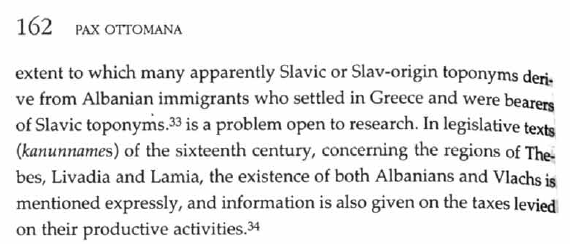
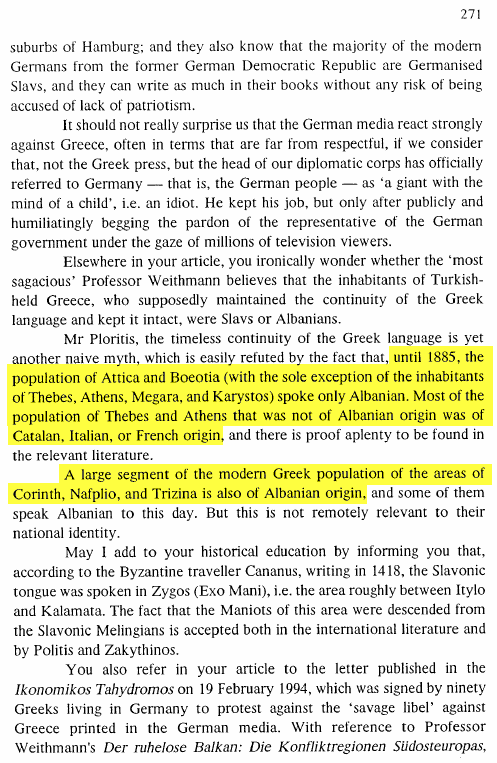
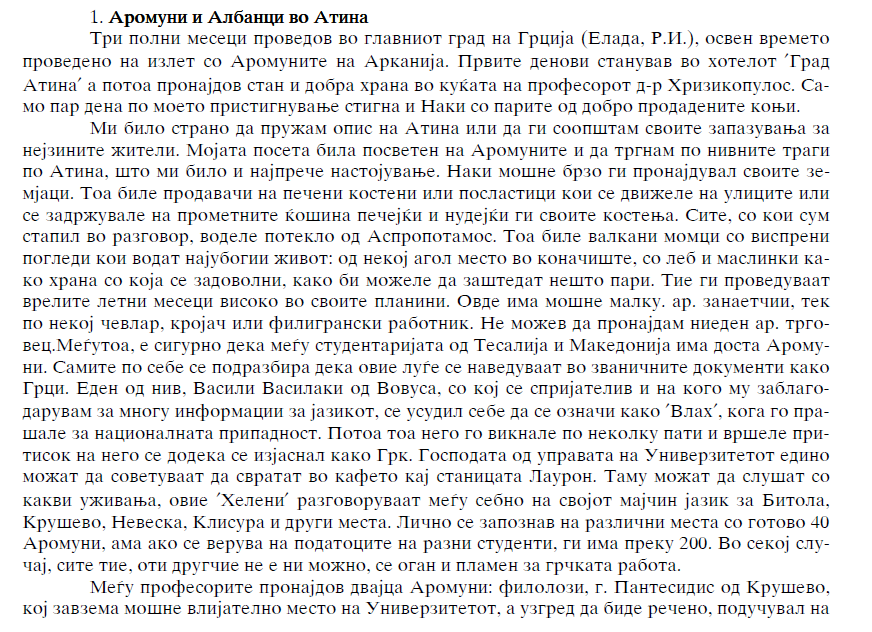
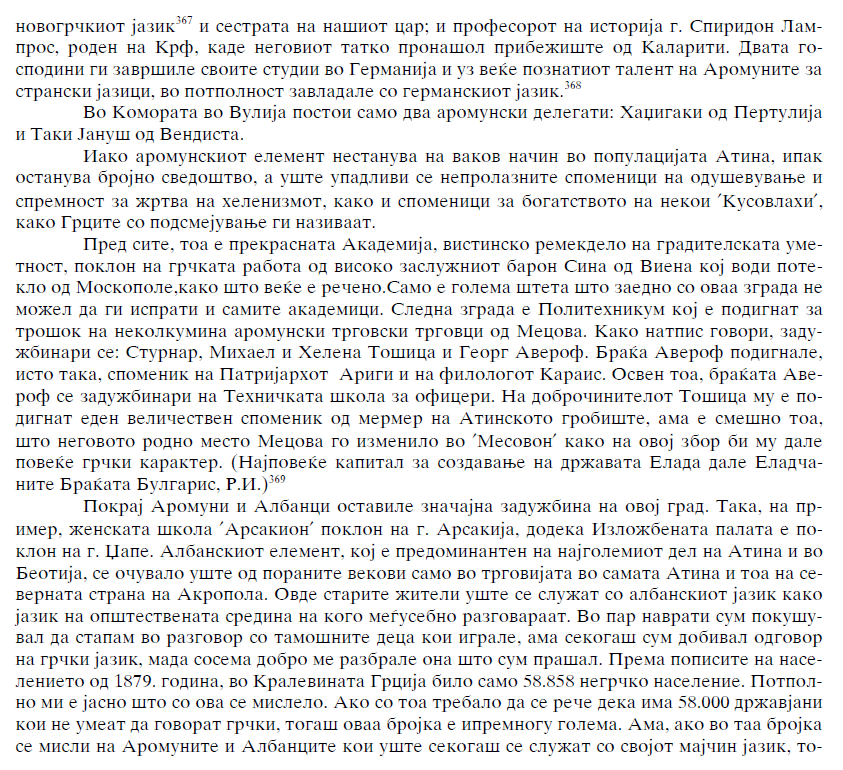
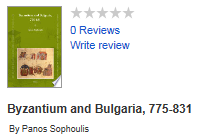
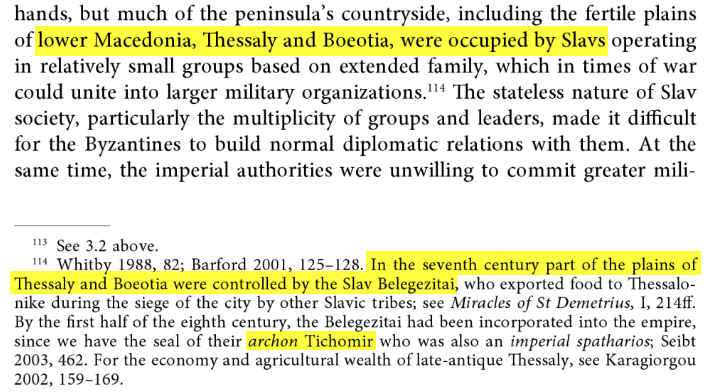

Comment